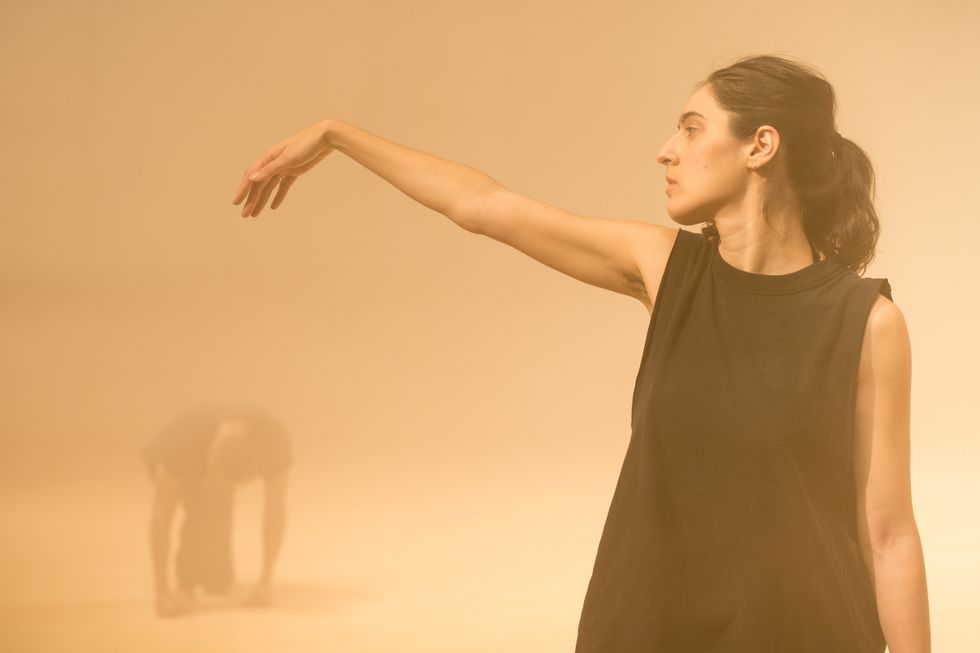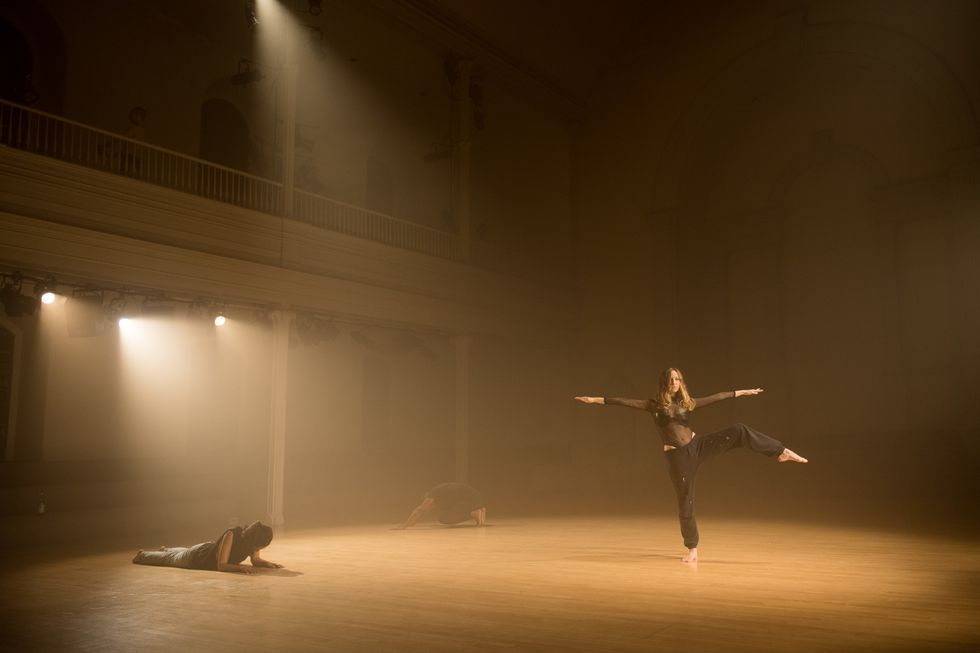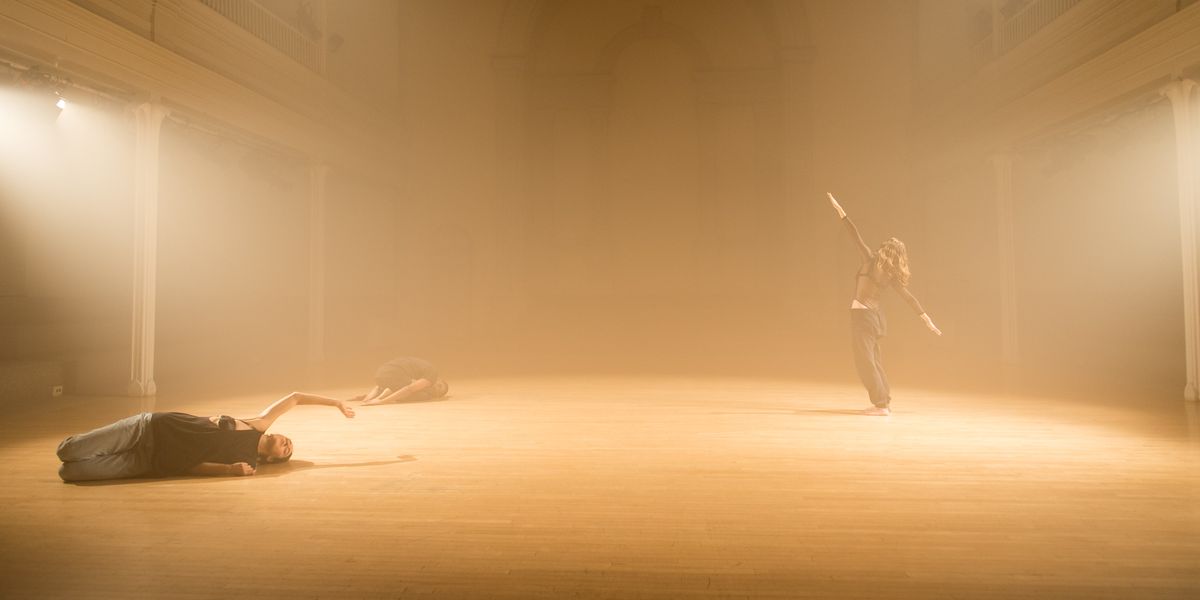Why Would Anyone Become a Dancer?
The Brooklyn-based choreographer Gillian Walsh is both obsessed with and deeply conflicted about dance. With her latest work, Fame Notions, May 17–19 at Performance Space New York, she seeks to understand what she calls the “fundamentally pessimistic or alienating pursuit” of being a dancer. Noting that the piece is “quiet and introverted,” like much of her other work, she sees Fame Notions as one step in a larger project examining why dancers dance.
You describe Fame Notions as a dancer-focused work. What do you mean by that?
I’m looking at the ways in which dance is alienating and the problematic figure of the dancer.
How is being a dancer alienating?
You’re consistently silenced. All of the discourse centers around the choreographer and the objects of their creation. You’re asked also to be extremely adaptable without ownership over any product. Dancers are barely ever paid, constantly traumatized by bad working conditions and trained for years to enter an absolute void. There really aren’t jobs. I think this is very specific to the American economy.
Probably a lot of people reading this are dancers, or hope to be.
Obviously we love dance. It feels good. There are so many reasons to do it, and we’re still doing it, still believing in it. So what’s the drive to do something that’s obviously not in your best interest?

Walsh’s Moon Fate Sin
Ian Douglas, Courtesy Danspace Project
That’s a question for yourself, too.
Yes. Why am I doing it? If it does have all these conflicting desires, is it okay to walk away? Is it okay to stay here forever?
You’ve been interviewing dancers as research for this piece, people you’ve never met, through posting ads on casting websites. What have you found?
The interviews have ranged from a 23-year-old just graduating from the Ailey certificate program with a passion for busking; to a 64-year-old yoga dancer and contortionist who absolutely lives to perform and still, after 40-plus years of performing, suffers greatly from the instability of a gig-to-gig lifestyle; to a 29-year-old who’s never booked a paid job but sees himself as the next Charlie Chaplin.
That’s a wide range.
A huge majority of the interviews have been with women, and a huge majority wish for company contracts and the opportunity to perform more.
It’s very beautiful and inspiring hearing why people are so insistent on dancing, when it’s putting them in extremely precarious and economically desperate positions. One dancer spoke to me about dance being the language of God.

Walsh’s Moon Fate Sin
Ian Douglas, Courtesy Danspace Project
The title Fame Notions is an anagram of “ ‘No’ manifesto,” Yvonne Rainer’s 1965 proclamation, as was the title of your last work, Moon Fate Sin. Why that reference?
There is a spirit of refusal in my self and my work. “No” is fitting for me at all times.




